LGBTQ Vets Discharged Under ‘Don’t Ask, Don’t Tell’ Have New Chance For Full Benefits
Enlarge this image
Close up of hands holding a pamphlet at the Pentagon during a Lesbian, Gay, Bi-Sexual, and Transgender Pride Month event. DOD photo by U.S. Navy Petty Officer 1st Class Chad J. McNeeley. 2015.
Smith Collection/Gado/Getty Images
hide caption
toggle caption
Smith Collection/Gado/Getty Images
Enlarge this image
Dozens celebrate the repeal of «don’t ask don’t tell, in front of the War Memorial and Veterans building in San Francisco, Ca. on Tuesday September 20, 2011.
San Francisco Chronicle via Getty Images
hide caption
toggle caption
San Francisco Chronicle via Getty Images
Dozens celebrate the repeal of «don’t ask don’t tell, in front of the War Memorial and Veterans building in San Francisco, Ca. on Tuesday September 20, 2011.
San Francisco Chronicle via Getty Images
Before the repeal, openly gay service members who were given an «other than honorable discharge from the military were effectively blocked from the many services and benefits provided to veterans in the U.S., including access to medical care, financial compensation, pensions or a debt-free college education.
Additionally, those discharged were not allowed to reenlist in the military.
Williams, who is openly bisexual, said she chose to «present as straight during the push to repeal don’t ask, don’t tell.
«It made sense at the time that there was a more pressing need for me as a woman married to a man to say, ‘No one in my unit cared if anyone was gay while we were in Iraq,' she said.
Williams said it took many years for her to let go of the «toxic legacy of having served under the policy for her to «come back out of the closet.
With new changes in effect brings new opportunities
Over the last 70 years, an estimated 100,000 military veterans either left or were kicked out of the service for their sexual orientation, and under don’t ask, don’t tell, many ultimately lost out on the opportunity for full V.A. benefits.
Lindsay Church, a Navy veteran who co-founded Minority Veterans of America a nonprofit designed to focused on belonging and equity for underrepresented veterans, was involved when it came to pushing for service members discharged because of their sexuality to receive V.A. benefits.
«Even to overturn the policy wasn’t enough to undo the harm and the damage that was done, Church said in an interview on NPR’s All Things Considered. «And so this moment is life-changing for so many people.
Williams says that while the trauma caused by the military’s policy of discrimination against the LGBTQ+ community can’t be erased, elected officials are taking appropriate steps to begin «addressing the pain the policies built.
«LGBTQ+ Veterans are not any less worthy of the care and services that all Veterans earn through their service, and VA is committed to making sure that they have equal access to those services, she said.
- military benefits
- LGBTQ rights
- U.S. military
- Don’t Ask Don’t Tell
Обсудим?
Смотрите также:

